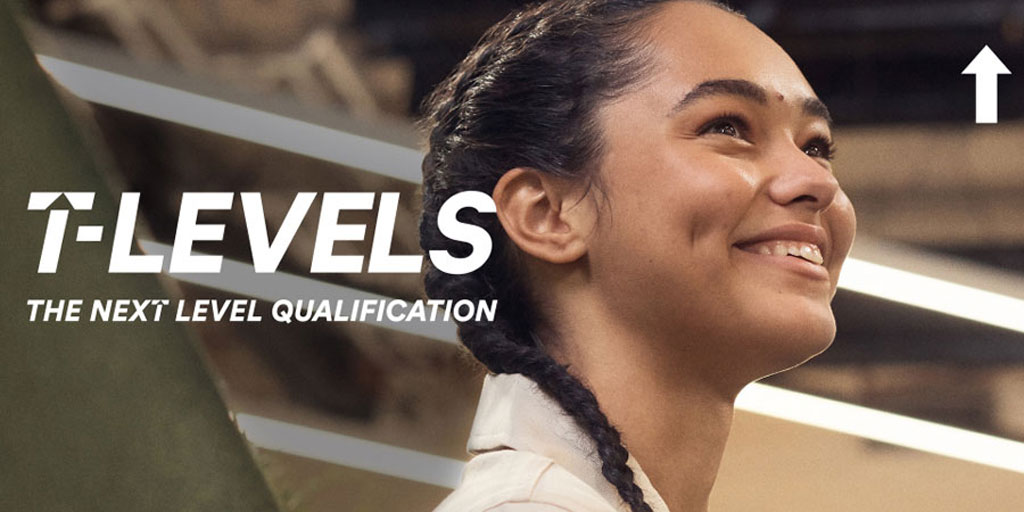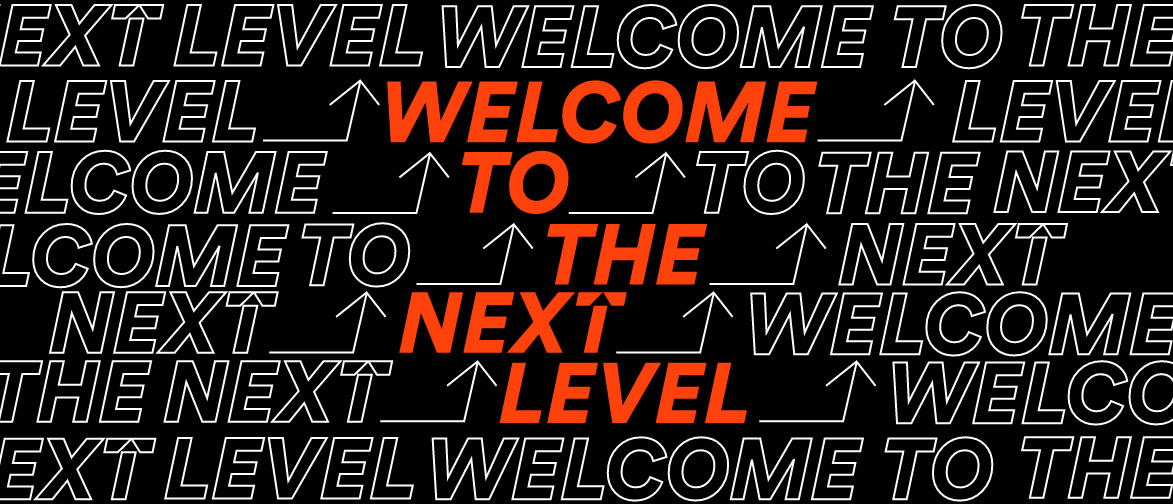80% Classroom, 20% Work
Equivalent to 3 A Levels
45-day Industry Placement
T Levels - What are they?
T Levels – the next level qualification
T Levels are a new type of technical qualification, giving young people in England another possible choice for post-16 education. This guide tells you everything you need to know about T Levels as a student or parent.
Tell me more…
If you’re looking for a new choice after GCSEs, T Levels are 2-year qualifications that can give you a head start towards the career you want.
Who can study T Levels?
Any young person who has completed GCSEs is able to apply to take T Levels. They are only available in England.
Find your nearest T LevelWhat are T Levels?
T Levels are qualifications in vocational, technical and hands-on subjects that students can choose to do after GCSEs. They include a mixture of classroom-based learning and industry placements where students can put their new skills into practice in real-world scenarios. In most cases the industry place will be for around three months in the second year of study.
T Levels join the other main options available to students for post-16 study – A Levels, BTECs and Apprenticeships – to help create a more well-rounded system that offers something for everybody, whatever their strengths and areas of interest.
Take your next step with T Levels and City & Guilds
Your City & Guilds T Level is made up of two things:
- Technical Qualification = Core + Occupational Specialisms
- Industry Placement
The industry placement is a required part of your T Level. You must complete it to get your T Level certificate. Which is great, because it gives you workplace experience!
The toolkit from the Department for Education has great advice and resources to help you prepare for your placement.
T Level Explained podcast
The City & Guilds T Level Explained podcast series hears directly from employers about industry placements, progressing with a T Level and future opportunities.
Listen nowFind out more and apply
Want to see what T Levels are offered through City & Guilds? Check their hub and download flyers for the T Level subjects you’re interested in!
T Levels HubWhat qualifications do you need to study a T Level?
Normally you’ll need 5 GCSEs at grades 4–9, including Maths and English. You’ll work towards getting maths and English on your T Level if you’ve not already got grade 4 at GCSE. Always check with your college before applying and ask them if you’re not sure.
You might also need to write an application document like a personal statement,. You might be invited for an interview, to learn more about the programme and help the staff see if you will be a good fit for the course. Other than that, you need buckets of enthusiasm and a can-do attitude!

Why choose T Levels?
T Levels are great if you want to do something that is more practical, hands on and directly geared towards a specific field of employment. They’re ideal if you have a good idea of what you want to do in your future career and are looking for a way to start out along that path.
Even if you don’t know exactly what you want to do, T Levels are a great way to spend two years diving deeply into a subject area that interests you – and you never know what you might learn or what doors might open up for you as a result. The wonderful thing about T Levels is that the subjects on offer will be as diverse as the students studying them! All that matters is that you have a passion for your subject and are willing to work hard to succeed.

How do T Levels compare to A Levels?
T Levels are equivalent to 3 A Levels.
T Levels take the same amount of time as A Levels – 2 years of full-time study – and the amount of work involved and the qualification at the end will be roughly equivalent to 3 A Levels (most students doing A Levels take 3 or occasionally 4 subjects over 2 years.)
The point of introducing T Levels is to improve technical education in the UK to the point where it is truly on a par with our academic education offerings.
Employers, including big-hitters such as IBM, Fujitsu and GlaxoSmithKline, have been involved in designing T Level course content to make sure that these qualifications are really relevant, competitive and desirable.
Former Education Secretary Damian Hinds on T Levels:
“For too long young people have not had a genuine choice about their future from the age of 16. Whilst A levels provide a world-class academic qualification, many technical education courses are undervalued by employers and don’t always provide students with the skills they need to secure a good job – that has to change.”
What T Level subjects are there?
There are currently over 20 different T Level courses you can learn. Over 20 T Level subjects will become available in the next few years, ranging from agriculture to catering, engineering and finance.
- Agriculture, Land Management and Production
- Management and Administration
- Building Services Engineering for Construction
- Design, Surveying and Planning for Construction
- Onsite Construction
- Digital Business Services
- Digital Production, Design and Development
- Digital Support Services
- Education and Early Years
- Accounting
- Finance
What can students do after T Levels?
University, Further Education and Apprenticeships
After studying T Levels, many students may want to further their studies at University. A Distinction* (the top grade you can achieve) is worth 168 UCAS points, the equivalent of AAA* at A Level.
Another option is to continue your education in your chosen field by doing a higher level apprenticeship, which can teach you any additional skills you need and prepare you for the world of work.
Getting a job after T Levels
If you don’t want to go to University or take on further study, T Levels can set you up perfectly for a job in your chosen field or industry. When you’re close to finishing your course, start looking around at what jobs are available. You’ll probably need to start in an entry-level role and work your way up, but a T Level in a relevant subject can give you a foot in the door. You might even be able to find a job with the company or employer who you work for when you do your placement!
Find out more about T Levels
So what are you waiting for? Grab your future.















